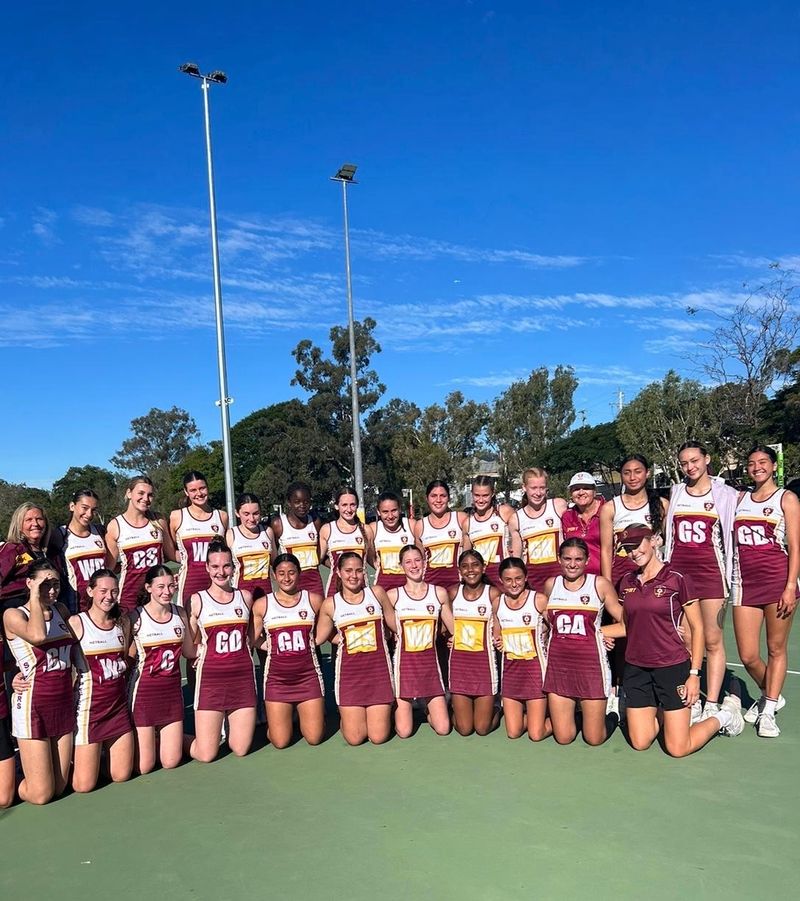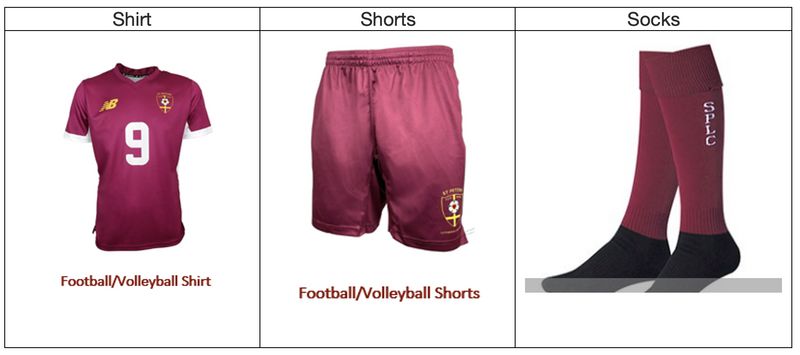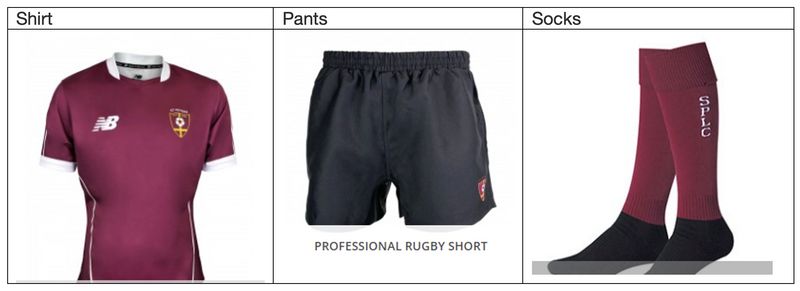U R Strong program
The U R Strong program is proving to be a great addition to the Wellbeing Program in the Primary Years. Dana Kerford who created the U R Strong program recently wrote about the role of parents in arming their children to navigate the world around them.
Rather than acting as lead negotiators in our children’s relationships, we should support them and coach from the sidelines with the following Dos and Don’ts:
Reframe friendship altercations as opportunities to learn valuable skills
- Research shows that children who have good social skills grow up to be more functional and successful adults, and the good news is that these skills can be taught.
- When our children are experiencing friendship problems it is an opportunity for us to help them learn vital social skills, build resilience and strengthen their empathy.
Listen and empathise
- While listening seems so simple, it is probably often overlooked for that very reason. Just like adults, when kids talk about their problems they want to feel heard, validated and understood.
- Dana Kerford (U R Strong) says that we need to remind ourselves that what might seem small to an adult can loom large in the eyes of a child; so large that it can seem overwhelming.
- 'Tune in and ask direct, specific questions,' says Kerford. 'Often children have a hard time articulating what’s going on, they just ‘feel bad’. Help them put a voice to it by digging deeper.'
Encourage kids to stand up for themselves
- When my daughter talks to me about her friendship problems, my default response is to say to her the things that were said to me. 'Just ignore him', 'Walk away', 'She’s just jealous' are the kinds of phrases that instantly spring to mind.
- These responses can be too passive and minimising. She suggests taking some time to listen and empathise — and then follow up by asking 'Did you stand up for yourself?'
- Rather than retreating, we should encourage our kids to confront their problems and not simply put up with bad behaviour.
- Ask your child what they could do differently next time and role-play different scenarios, so they feel practised and more confident.
Teach kids the difference between healthy and unhealthy friendships.
- This one is the sort of advice that will be useful right into adulthood.
- Our kids need to know that they are in control of their lives, this includes the people they choose to surround themselves with. Do their friends make them feel good about themselves?
- If not, they should minimise the time they spend with people who make them feel bad and spend most of their time with friends who treat them well.
- Let them know that trust and respect are ‘must haves’ when it comes to friendship. Don’t say, ‘This is just something all girls must go through.’ This statement tells a girl she must suffer through and she is helpless. We cannot normalise the behaviours of ‘mean girls’.
What about bullies?
- There is a lot of talk about bullies and bullying at the moment. Advice is to avoid the word altogether. The reason is that it is often misused and leads children — and their parents — to label kids. Instead, she suggests the term 'mean-on-purpose'.
- 'Children understand what this means and know when someone is intentionally trying to hurt them.'
- Parents can help their kids come up with a quick comeback statement to combat mean-on-purpose behaviour. It doesn’t have to be an Oscar Wildean witticism. A simple 'Not cool', 'Wow' or 'That was really mean' will suffice.
- Quick comeback statements should be delivered in a strong voice with authoritative body language, and then the child should walk away.
- If they have tried using a quick comeback and the person continues to be mean-on- purpose, that is when an adult needs to get involved. It is the responsibility of the adults (parents and teachers) to ensure that children feel safe and supported.
Be a good role model
- We know it is pressure on parents, but their children are watching them and mirror their behaviour. If we do not want our child to gossip, we do not gossip. If we do not want our child to yell, we do not yell. It is as simple as this: If you want your child to be kind, show them what being kind looks like.
Tell stories
- Sometimes our kids forget that we were once kids too. Providing examples from our own life experience or of other people overcoming similar difficulties can help guide kids to a solution.
U R Strong, Think of Yourself as a Friendship Coach
Lia Sabri
Head of Primary Years








